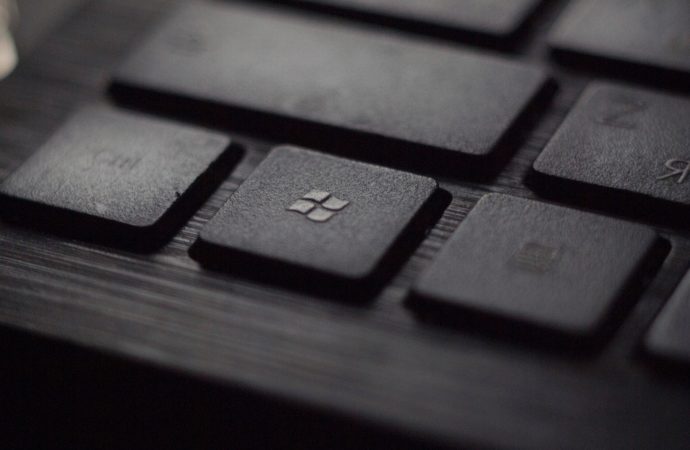Deal in Hot Water: Microsoft’s Bid for Activision Blizzard Faces Antitrust Scrutiny! Microsoft’s ambitious bid to acquire video game publisher Activision Blizzard is encountering significant hurdles as it faces intense antitrust scrutiny. The proposed deal, valued at a staggering $68.7 billion, has caught the attention of regulators, who are closely examining its potential impact on
Deal in Hot Water: Microsoft’s Bid for Activision Blizzard Faces Antitrust Scrutiny!
Microsoft’s ambitious bid to acquire video game publisher Activision Blizzard is encountering significant hurdles as it faces intense antitrust scrutiny. The proposed deal, valued at a staggering $68.7 billion, has caught the attention of regulators, who are closely examining its potential impact on competition and consumer welfare.
The High-Stakes Move
Microsoft’s pursuit of Activision Blizzard, the renowned publisher behind blockbuster game franchises like “Call of Duty” and “World of Warcraft,” has sent shockwaves throughout the gaming industry. The acquisition, if approved, would solidify Microsoft’s position as a dominant player and have far-reaching implications for the gaming market.
Potential Benefits
Proponents of the deal emphasize several potential benefits that could emerge from Microsoft’s acquisition of Activision Blizzard. Firstly, it would provide Microsoft with access to a treasure trove of well-established game franchises, enhancing its ability to attract and retain gamers within its ecosystem. The merger could also foster collaboration and innovation, leveraging Activision Blizzard’s expertise and creative talent to deliver exceptional gaming experiences.
Additionally, the deal could bolster Microsoft’s competitive edge against rivals like Sony and Amazon in the ongoing battle for market dominance. By consolidating resources and intellectual property, Microsoft would be better positioned to invest in cutting-edge gaming technology and offer enhanced services to its user base.
Raised Antitrust Concerns
However, the proposed acquisition is not without its fair share of concerns and regulatory scrutiny. Chief among them are the potential antitrust implications. Given Microsoft’s substantial market presence, particularly with its Xbox gaming division, the acquisition of Activision Blizzard raises questions about the possibility of monopolistic practices and anti-competitive behavior.
Critics argue that Microsoft’s increased control over key gaming franchises and platforms could stifle competition, limit consumer choice, and potentially lead to higher prices for games and gaming services. There are also concerns about the impact on game development studios within Activision Blizzard, as mergers often result in organizational changes and possible layoffs.
Antitrust Scrutiny
Given the magnitude of the proposed acquisition and its potential implications for the gaming industry, regulatory authorities are closely scrutinizing the deal. Antitrust watchdogs will evaluate whether the merger would create a concentration of power that could harm competition and consumer welfare.
Regulators will assess the impact on other industry players, including independent game developers and competing platforms. If the acquisition is deemed anti-competitive, authorities may impose conditions or even block the deal to ensure fair competition and protect the interests of consumers.
Shaping the Gaming Landscape
The outcome of Microsoft’s bid for Activision Blizzard holds the potential to reshape the gaming industry. If the deal proceeds, Microsoft would gain significant influence, boasting a vast collection of exclusive titles and a larger user base. This could spur innovation, improve gaming experiences, and intensify competition among industry players.
However, the regulatory scrutiny and concerns regarding antitrust issues underscore the need to strike a delicate balance between market consolidation and maintaining a competitive environment. The gaming industry thrives on diversity, creativity, and consumer choice, and any major acquisition must carefully consider these factors to ensure the long-term health and vibrancy of the market.
Conclusion
Microsoft’s bid for Activision Blizzard is facing an uphill battle as antitrust scrutiny looms over the proposed acquisition. While the deal holds the potential for enhanced gaming experiences and technological advancements, it also raises legitimate concerns about market concentration and reduced competition.

















Leave a Comment
Your email address will not be published. Required fields are marked with *